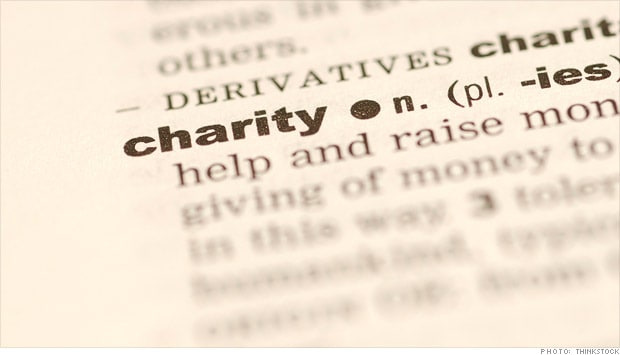
Charities must be clear about pharma funding
pharmafile | October 1, 2014 | News story | Medical Communications, Sales and Marketing | ABPI, NICE, Sativex, charity, funding, mind, pharma
There is growing need for transparency around patient groups and health charities as they are widely perceived to be independent and yet take money from pharma, according to a BMJ report.
Charities often campaign for access to newly-licensed drugs for their patients without making clear enough that they receive funding from the drug companies who make them, healthcare journalists Sophie Arie and Chris Mahony say in the British Medical Journal.
As an example they point out that multiple sclerosis (MS) charities who protest that NICE is denying patients drugs such as the cannabis-based medicine Sativex (nabiximols) – have also received funding from Bayer, the German firm which co-markets that drug with GW Pharma.
In fact in August the MS Society said NICE’s rejection of the medicine was “based on a flawed assessment of the drug’s cost-effectiveness” – also a common complaint for the pharma industry when it comes to the rejection of its medicines.
NICE is due to confirm its decision on Sativex when publishing its updated guidance on the treatment of MS next week.
Whilst the UK pharma group the ABPI requires drug companies to disclose all the details of their relations with patient groups and charities on their websites, UK charities are not legally required to name all their donors.
Most charities have policies on working with industry that include a limit on the proportion of total income received from corporate donors and avoiding receiving donations from only one company.
Arie and Mahony argue that it is important that charities are up front about the exact finances coming from pharma, and highlight that patient groups have gained influence over recent years.
“As government has become more keen to work with stakeholders, their potential to influence policy has grown,” they write. “Yet little research has been done into how health charities are funded and how transparent they are about that funding.”
Balancing act
Jeremy Taylor, chief executive of National Voices, the national coalition of health and social care charities in England, says when a charity advocating for groups of patients takes money from a pharma company, “there is the risk of allowing your charitable objectives to be distorted to serve the interests of commercial organisations or simply being seen as serving the commercial need of the other organisations”.
Arie and Mahony say that there have only been a few reported cases of charities’ activities being clearly compromised by their relations with a drug company, and there is no reason to suspect that this is widespread.
But the few cases that have come to light “have fuelled concern over a need for a culture of full disclosure throughout the sector, which could help patient groups avoid unintentionally giving credibility and sincerity to a drug company’s agenda”.
Opinions are divided within the health charity sector between those who take drug company support – and are adamant their donors wield no influence – and those who believe that to preserve their reputations health charities need to be much more transparent about their relationships with industry.
Some, such as the mental health charity MIND, go so far as refusing any support from industry while others believe what’s needed is clearer guidelines for all health charities to adhere to the authors write.
Jeremy Taylor has recently begun working with the ABPI to produce a joint guide on collaboration between industry and patient groups – covering the importance of governance, protecting independence, transparency, income diversity and what to think about when entering an arrangement with a pharma company.
At an international level, the International Alliance of Patients’ Organisations (IAPO) acknowledges there is a problem, but say it can only advise its members on best practice, it cannot force them to comply or impose any sanctions if they don’t.
Ben Adams
Related Content

Digital mental health technologies – a valuable tool in supporting people with depression and anxiety
The potential benefits of digital mental health technology for managing depression, anxiety and stress, together …

Combination treatments: Takeda’s Implementation Framework and the broader landscape
Pharmafile talks to Emma Roffe, Oncology Country Head (UK & Ireland) about the combination treatment …

LGC Group opens $100M Organic Chemistry Synthesis Centre of Excellence
LGC Group, a life sciences company, has opened its new Organic Chemistry Synthesis Centre of …






